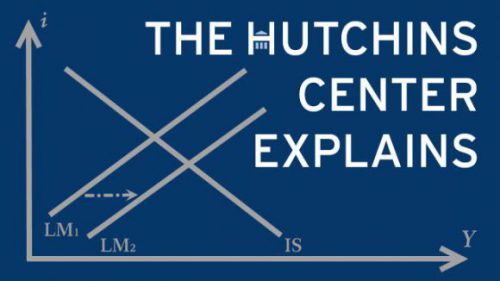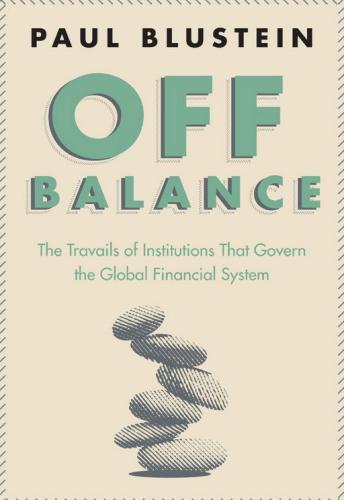Studies in this week’s Hutchins Roundup find that policies aimed at helping low-income children produce greater returns, eviction doesn’t cause financial distress, and more.
Want to receive the Hutchins Roundup as an email? Sign up here to get it in your inbox every Thursday.
Policies aimed at helping low-income children produce greater returns
Nathaniel Hendren and Benjamin D. Sprung-Keyser of Harvard use results from the academic literature to calculate the net social benefits and government cost of 133 policy changes, including policies affecting social insurance, education, job training, and taxes. The authors find that policies aimed at education and health for low-income children had the greatest return per dollar of cost; most of these policies paid for themselves by boosting tax revenues over the long run. While policies aimed at adults had lower returns, those that had spillover effects on children, like vouchers that helped families move from high-poverty to low-poverty neighborhoods, had the highest returns. The authors note that, even though policies that don’t pay for themselves involve budgetary tradeoffs, they may still improve welfare.
Eviction doesn’t cause financial distress. Financial distress causes eviction.
To see if evictions cause financial distress, reduce mobility, and add to neighborhood poverty, John Eric Humphries of Yale and coauthors link data from Cook County, IL, court records to credit bureau and payday loan data. Comparing financial data prior to eviction filings for households whose cases are dismissed and for households the court orders evicted, they find that both types are financially distressed, evidenced by very low credit scores, over $2,750 of debt in collections, and multiple inquiries into payday loans. But contrary to prior research, the authors find that two years post-eviction filing, evicted households have only marginally worse credit scores than non-evicted ones, and between $126 and $262 more debt in collection. In short, eviction negatively impacts the financial health of tenants for several years, but the effects are small relative to the financial strain experienced by both evicted and non-evicted tenants in the run-up to an eviction filing.
Countries with strong balance sheets pay lower interest rates and are more resilient after recessions
Using public sector balance sheet data from 69 countries — including financial assets, land and buildings but not natural resources — Seyed Reza Yousefi of the International Monetary Fund finds that countries with stronger balance sheets experience shallower recessions and faster recoveries. They define a country with a strong balance sheet as one with net financial worth (total assets minus total liabilities) above the sample median. These countries have greater fiscal space to increase public expenditure and are thus able to boost demand during a downturn, Yousefi says. He also finds that countries with strong balance sheets pay lower interest rates, since financial markets take account of government assets, as well as liabilities, when pricing sovereign bonds. In other words, balance sheet indicators beyond gross debt matter for sovereign yields and economic resilience.
Chart of the week: 10-Year bond yields converge to 2-year bond yields for the first time since BEFORE the recession

Quote of the week:
“I do believe strongly that we should be conducting outcomes-based monetary policy. We should be looking at whether or not we’re achieving our symmetric inflation objective. Inflation’s been a little on the light side. I’ve talked about the Phillips curve and how it’s relatively flat compared to the low setting of the unemployment rate,” says Charles Evans, president of the Federal Reserve Bank of Chicago
“This has called all of us to look and wonder is the economy behaving a little bit differently than we thought last year? Did we just get it wrong last year? Or is it that our assessment of how the economy is going to grow going forward is more challenged by some of the uncertainties that businesses are facing, and so, in fact, it’s going to take more than 50 [basis points] below the 2.75% [to keep the economy on track] if the short-run funds rate neutral is lower than that now? That’s an assessment of how big the headwinds are, and I think we’re just going to have to be looking in the data for business commentary.”










Commentary
Hutchins Roundup: Returns for policies aimed at low-income children, impact of eviction, and more
August 15, 2019